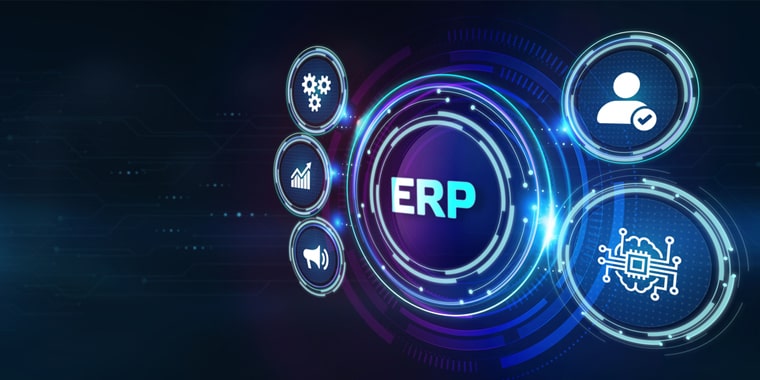For multiple businesses and enterprises, the value of Oracle ERP implementation is associated with the centralization of various important business processes. ERP provides advanced modularity, which means a client can use different Enterprise resource planning modules for customization software solutions. Generally, these modules create the final ERP solution. In this article, we’ll outline an ERP module list and discover what each module is responsible for.
What are modules in the ERP system?
Generally, the whole ERP system consists of specific modules that concentrate on different areas of business processes. Each module provides its tools and features responsible for certain functions and goals. It would be better for companies to refer to the custom platforms since there is more freedom to implement any necessary module. Otherwise, businesses can pay for modules and features that aren’t needed in the completed platform. Here are the five most widely used modules that customers can find in an ERP software solution.
The most common modules in Enterprise resource planning
1. Finance and Accounting management
Without a doubt, finances are a vital part of any out-to-date corporation, and having a practical set of tools for financial management is key to success. The ERP software enables businesses to centralize all the data and workflows in one location. Moreover, Finance and Accounting management are needed to collect important financial data. All mentioned features are essential to track financial transactions and processes within an enterprise.
2. Supply Chain Management
A not less important part of a business is the flow of available services and goods. Supply Chain Management gives corporations insights about goods movement, storage of different inventory, completed goods, etc. Once a company has a reliable module in place, it can simplify the whole process of tracking goods-producing and moving. The real-time visibility of the goods and services enables enterprises to make the right business decisions.
3. Human Resource Management
It sometimes can be a challenge to collect and manage all the information about your employees, especially if there are many workers in the enterprise. This way, Human Resource Management in ERP is essential since this module allows collecting data about workers without any additional hassle with duplicating information in a system.
4. Inventory Management
The retail and manufacturing industries can find it challenging to track their inventory consistently. A manufacturing module of ERP is practical for tracking material and product supplies and reducing inventory investments. Besides, inventory management helps to improve customer services, too.
5. Customer Relationship Management
This module focuses mainly on discovering customers` communication with a company, targeting leads, top customers for the potential selling opportunities, and more. Apart from that, Customer Relationship Management in the ERP system helps establish a good connection between a client base and a corporation itself.

